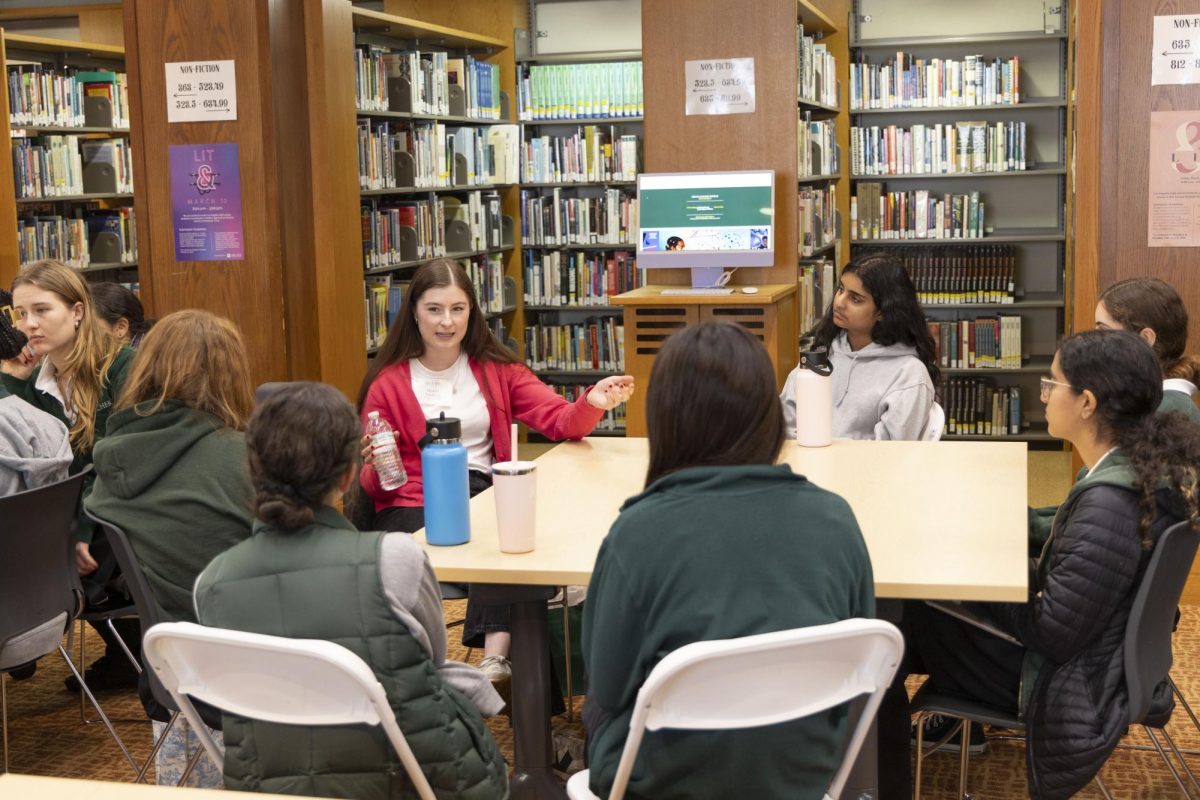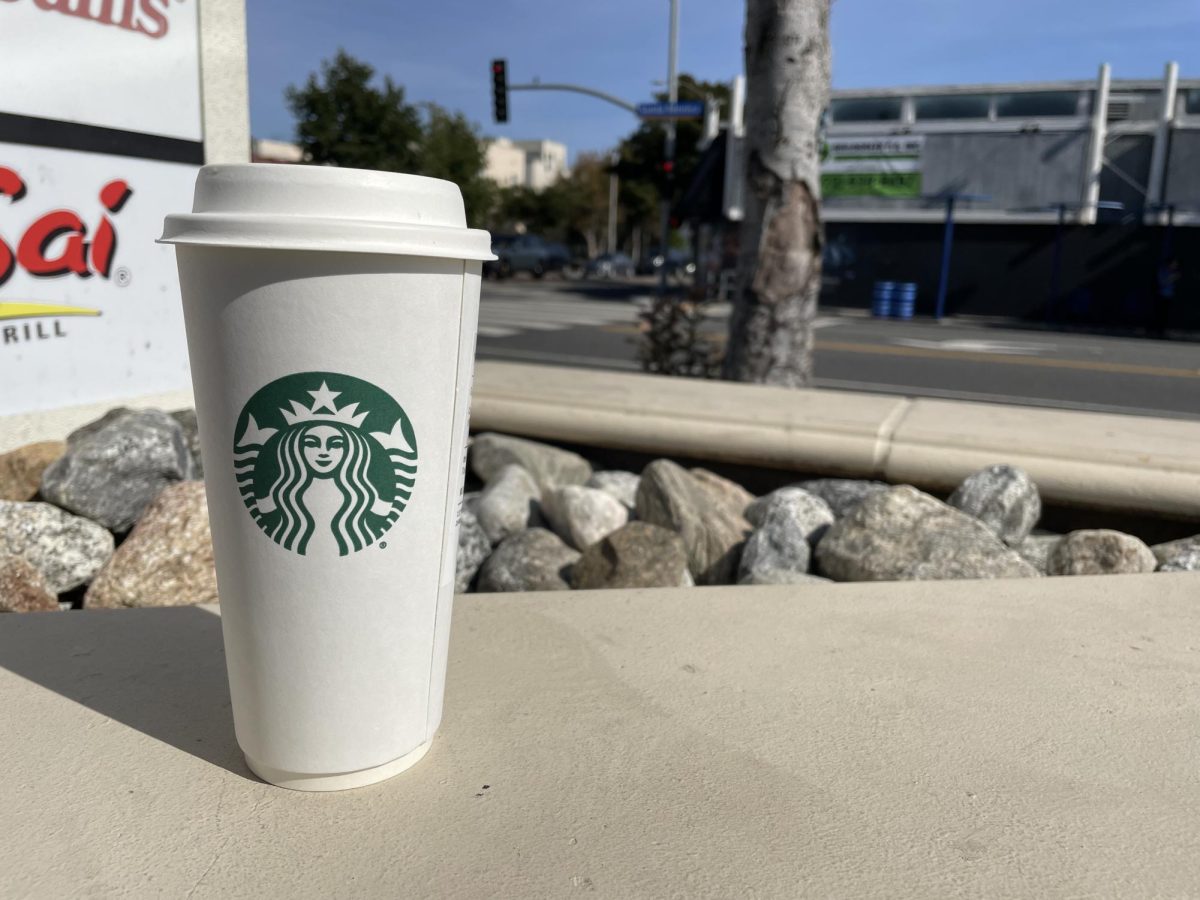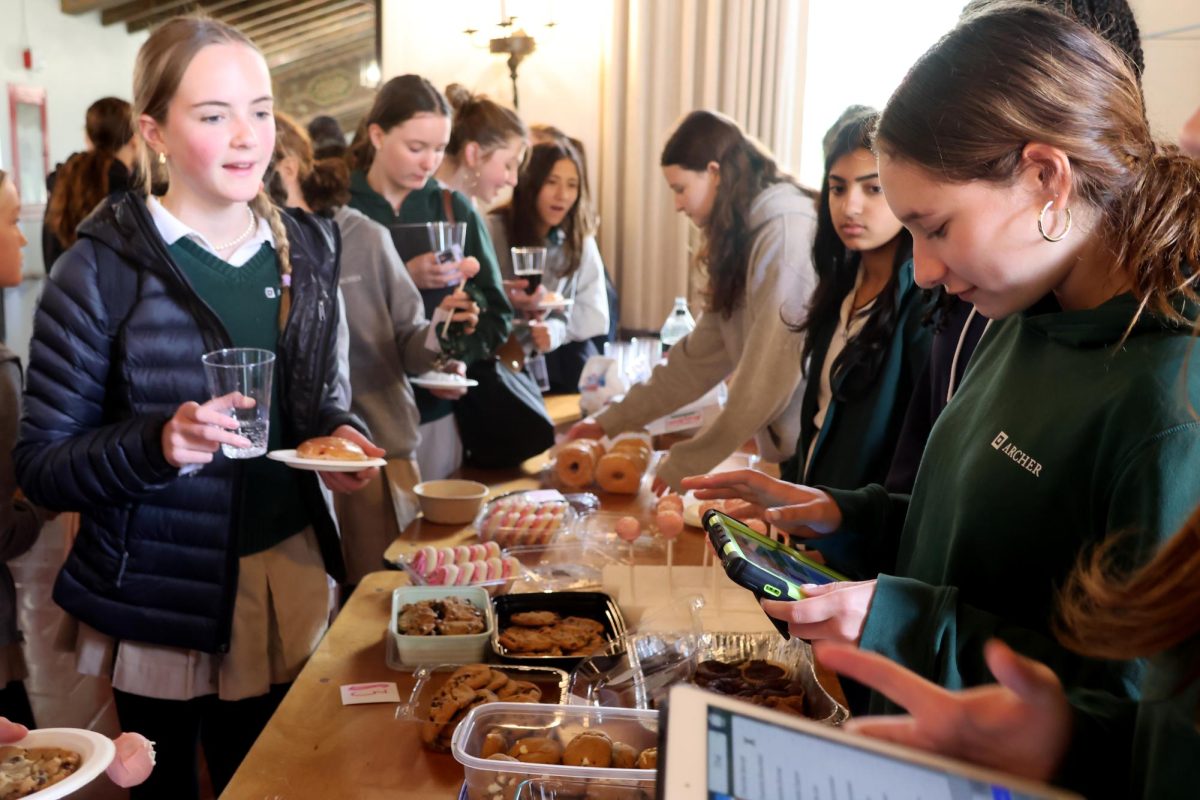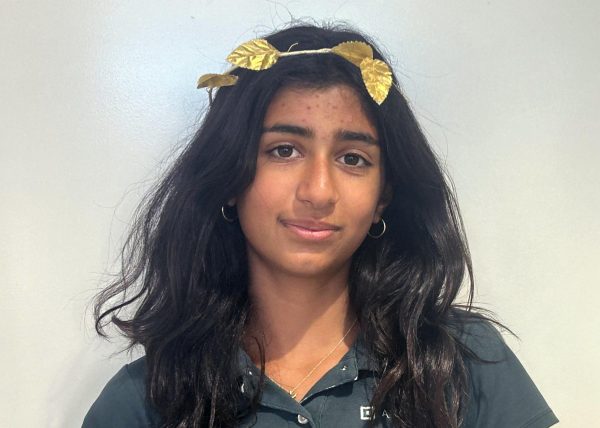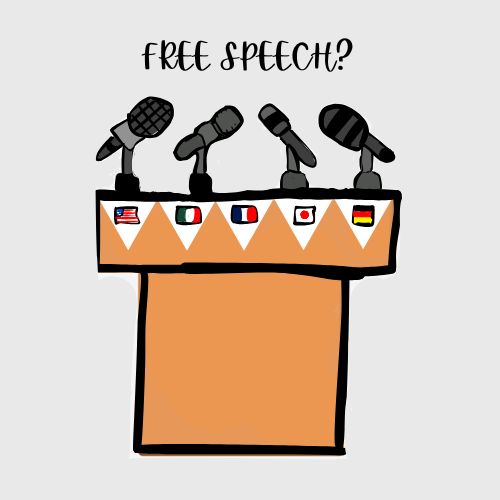
From Model UN to debate clubs, different forms of debate encourage open discourse and critical thinking. For many students, these organizations are more than just an extracurricular activity — they are a way to understand students rights, to question their beliefs and to engage with real-world issues while exercising their right to free speech.
The First Amendment guarantees citizens the freedom of speech, petition, press, religion and assembly, allowing individuals to express opinions without fear of censorship. These constitutional rights serve as the foundation for many public debates, including those held in educational settings. Former debate club president Clara Lieberstein (‘28) said the right to free speech encourages diverse thinking.
“In debate, we practice our First Amendment rights by learning how to express opinions clearly while also respecting the opposing side,” Lieberstein said. “[Debate] is not just about having a voice, but also about engaging in meaningful discourse”
The practice of open discussion pushes students to engage with differing perspectives, Lieberstein said, by providing a platform for them to cultivate deeper understanding and critical thinking.
“A big part of debate is arguing for a position you might not agree with, which really challenges your understanding of free speech,” Lieberstein said. “It teaches you to think critically and appreciate different perspectives, even if you don’t share them.”
At Archer, Model UN is a club led by junior Sydney Tilles. Model UN is a simulation of the United Nations, where students take on roles of diplomats representing different countries. It allows participants to engage in debates and discussions on global issues and work towards resolutions. Tilles said the right to free speech is essential for civil discourse and engagement.
“I personally believe everyone has a right to their own opinion and voice, even if I don’t agree with it, because otherwise, how can we have an accurate discussion,” Tilles said. “If it gets personal or disrespectful, that’s when it’s not okay.”
Many countries do not have the right to free speech. The United States is one of the few countries with free speech. However, access to the right has decreased over time.
“A big part of political and civic engagement is discourse but respectful discourse,” Tilles said. “If people can’t learn to grow, disagree, and engage respectfully, how can we progress as a country?”
Julia Xue (‘28), a member of Model UN club, said free speech allows students to have open dialogue and make informed arguments.
“The First Amendment means a lot to us as students,” Xue said. “It gives us the freedom to express our opinions and engage in meaningful conversations.”
Additional reporting by staff reporter Nissara Shah (‘28).



